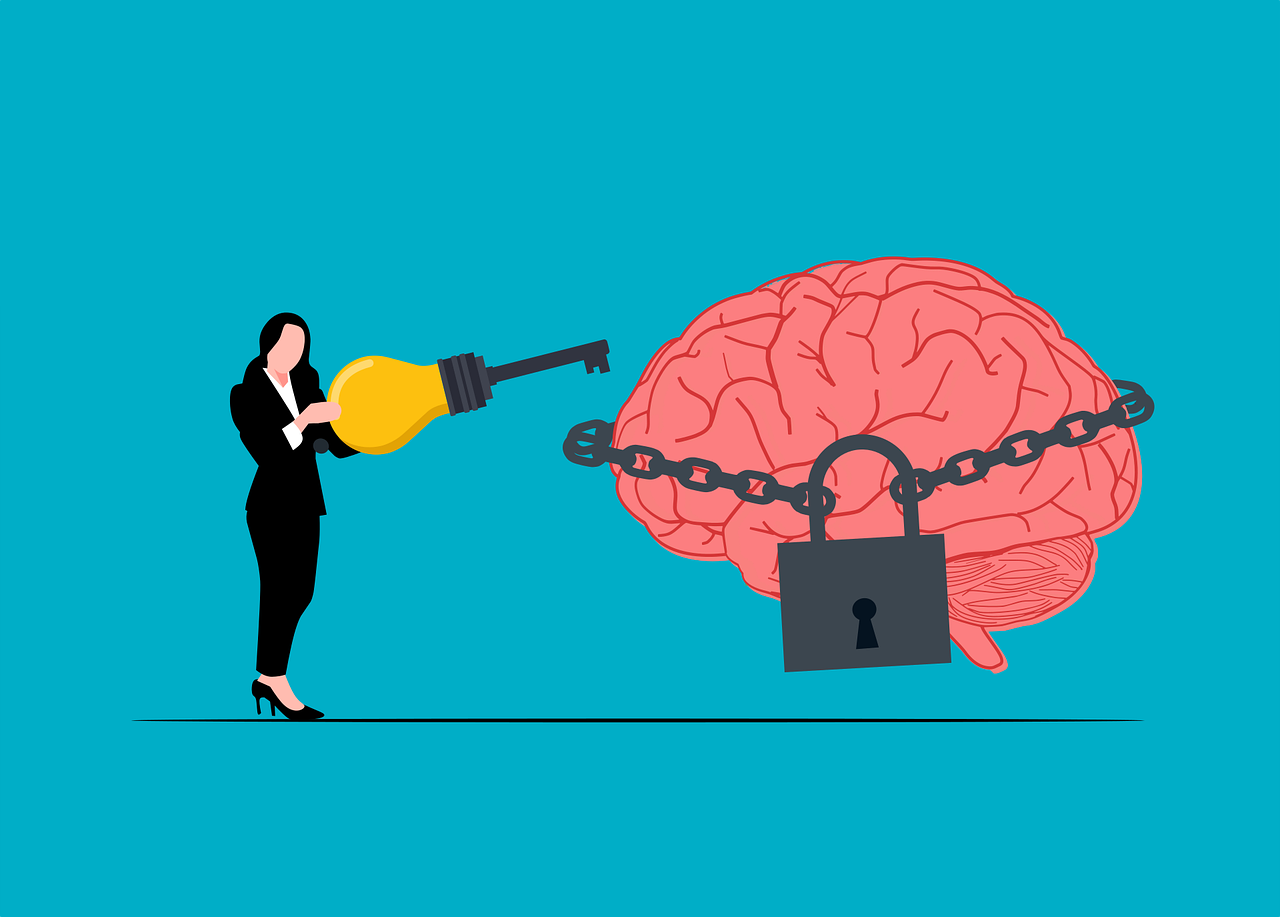
The connection between diet and mental health is a growing area of research that highlights the importance of nutrition in maintaining optimal brain function and emotional well-being. In this article, we will explore how diet affects mental health, the key nutrients that support brain health, foods that can boost your mood and tips for improving your diet for better mental health.
According to the World Health Organization (WHO), depression is the leading cause of disability worldwide, affecting more than 264 million people.
Diet plays a crucial role in mental health. Studies have shown that a poor diet characterized by high intake of processed foods, sugar, and unhealthy fats is associated with an increased risk of mental health disorders such as depression and anxiety. On the other hand, a diet rich in nutrient-dense foods has been linked to improved mood and overall mental well-being.
In This Article
Nutrients That Support Mental Health
Certain nutrients play a key role in supporting brain health and mood regulation. These include:
- Omega-3 Fatty Acids: In fatty fish like salmon and sardines, omega-3 fatty acids are important for brain function and reducing inflammation in the brain.
- B Vitamins: B vitamins, particularly B6, B12, and folate, are essential for producing neurotransmitters such as serotonin and dopamine, which are important for mood regulation.
- Antioxidants: Antioxidants like vitamin C, vitamin E, and selenium help protect the brain from oxidative stress and inflammation.
- Magnesium: Magnesium is involved in hundreds of biochemical reactions in the body, including those that support brain function and mood regulation.
- Zinc: Zinc plays a role in neurotransmitter function and has been linked to improved mood and mental health.
Foods That Can Boost Your Mood
Including these foods in your diet can help support mental health and improve your mood:
Fatty Fish

Rich in omega-3 fatty acids, fatty fish like salmon, sardines, and mackerel are great for brain health. A 2017 study found that people with high levels of omega-3s had increased blood flow in the brain. The researchers also identified a connection between omega-3 levels and better cognition, or thinking abilities.
Leafy Greens
Leafy greens like spinach, kale, and Swiss chard are rich in folate, which is important for mood regulation. Leafy greens like spinach, kale, and Swiss chard are packed with vitamins and minerals, including folate, which has been linked to mood regulation and overall mental well-being. Additionally, these nutrient-dense vegetables contain antioxidants and anti-inflammatory compounds that may help protect the brain from oxidative stress and reduce inflammation.
Berries

Berries are high in antioxidants, which can help protect the brain from oxidative stress. Berries are delicious and packed with antioxidants such as anthocyanin, caffeic acid, catechin, and quercetin, which help reduce inflammation and protect the brain from oxidative stress. Adding berries to your diet is a simple way to support your mental health and improve your mood.
A 2014 review notes that the antioxidant compounds in berries have many positive effects on the brain, including:
- improving communication between brain cells
- reducing inflammation throughout the body
- increasing plasticity, which helps brain cells form new connections, boosting learning and memory
- reducing or delaying age-related neurodegenerative diseases and cognitive decline
Nuts and Seeds
Nuts and seeds are rich in magnesium, zinc, and healthy fats that support brain function. A 2014 study found that a higher overall nut intake was linked to better brain function in older age.
Whole Grains
Whole grains like oats, brown rice, and quinoa are rich in B vitamins, which are important for mood regulation. Eating whole grains is another way to benefit from the effects of vitamin E, with these grains being a good source of the vitamin.
Eggs
Eggs are a good source of choline, an important nutrient for brain health. Choline is used to make acetylcholine, a neurotransmitter that plays a role in memory and learning. Studies have shown that choline supplementation can improve cognitive function in adults, particularly in memory-related tasks.
Foods to Avoid for Better Mental Health
Certain foods can harm mental health and should be consumed in moderation:
- Sugar and Refined Carbohydrates: These foods can cause spikes and crashes in blood sugar levels, leading to mood swings and fatigue.
- Processed Foods: Processed foods are often high in unhealthy fats, sugar, and additives that can negatively affect mood and brain health.
- Artificial Trans Fats: Found in partially hydrogenated oils, artificial trans fats can increase inflammation in the body and have been linked to an increased risk of depression.
- Excessive Caffeine: While moderate caffeine intake is generally safe, excessive caffeine consumption can lead to anxiety and disrupt sleep, which can negatively impact mental health.
- Alcohol: Excessive alcohol consumption can disrupt neurotransmitter function and has been linked to an increased risk of depression and anxiety.
Conclusion:
In conclusion, the food-mood connection is a complex interplay between diet and mental health. By incorporating nutrient-dense foods into your diet and limiting your intake of processed foods and unhealthy fats, you can support optimal brain function and improve your mood. By paying attention to your diet and making small, sustainable changes, you can take steps towards better mental health and well-being.
This article provides a comprehensive overview of the relationship between diet and mental health, highlighting the importance of nutrition in supporting optimal brain function and emotional well-being. By following the tips outlined in this article, you can improve your diet for better mental health and overall well-being.

Самая вкусная еда тут – где заказать еду с доставкой приходите уже сейчас. Мы расположены по адресу: г. Ижевск, ул. Максима Горького, д. 163. График работы с 12:00 до 00:00, а в пт и сб с 12:00 до 2:00 ночи. Приглашаем Вас и Вашу семью прекрасно провести время или оформить заказ на restoyar.ru на дом и насладиться вкусной едой в своей привычной обстановке.
Стоимость разработки дизайн проекта mudryakova.ru
Если Вы искали заказать дизайн проект интерьера квартиры в сети интернет, то заходите на указанный сайт прямо сейчас. Если Вы более того не приобрели жильё, то мы с удовольствием окажем помощь Вам в выборе и разъясним возможности выбранных вариантов. Разработаем проект, который будет неповторимым и практичным для нахождения. Составим смету на материалы и оборудование, предоставим контакты проверенных строительных компаний-наших партнеров. Сопутствуем все периоды строительства, четко контролируем работу строителей.